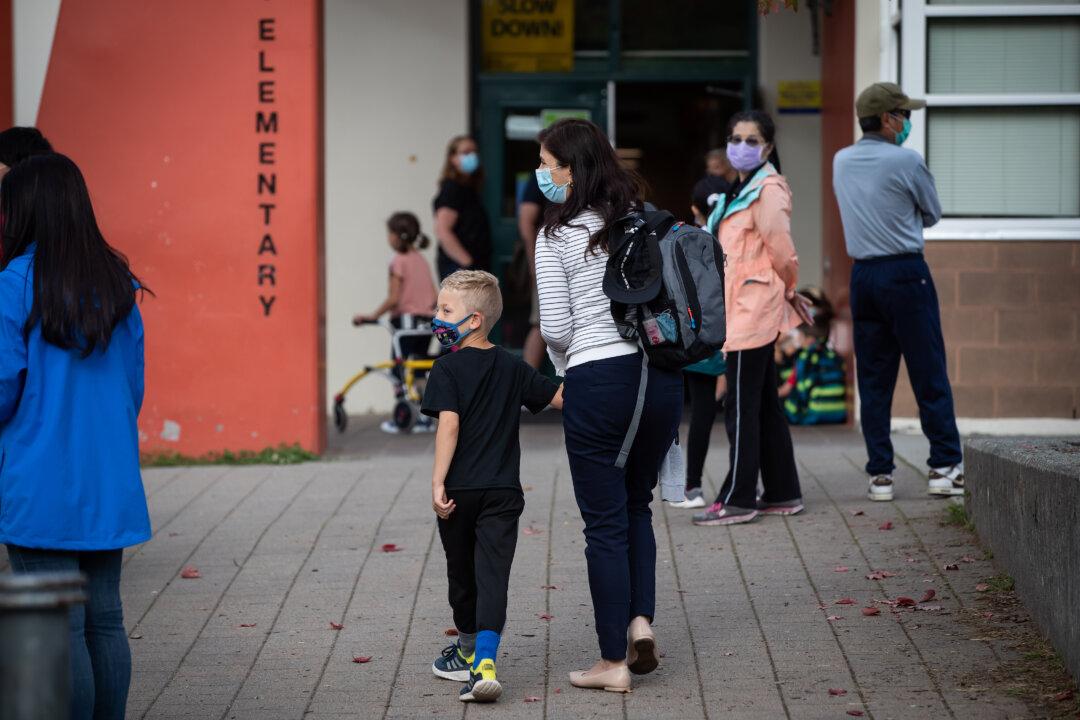A scholar citing research from professional literature told the National Citizen’s Inquiry in Ottawa how COVID-19 policies such as masking and lockdowns could impact the emotional and social development of infants and children.
“[Children] are at risk for failed developmental milestones, disrupted social-emotional interaction, and risk for reduced capacity for emotional and behavioural regulation,” Keren Epstein-Gilboa, a former university lecturer with a Ph.D. in developmental psychology, said on May 18.





